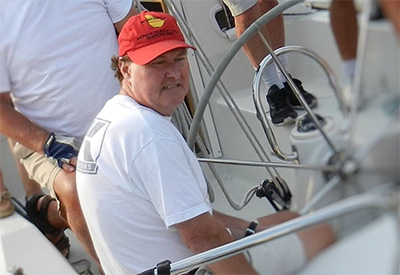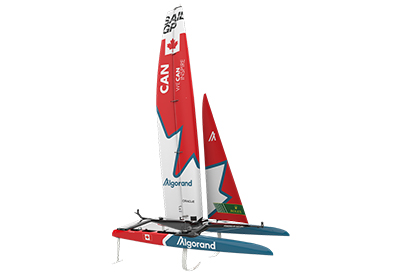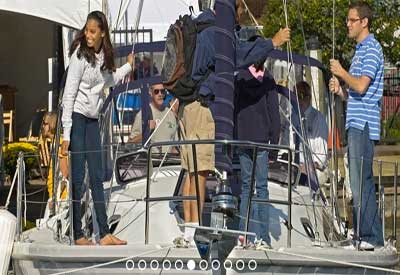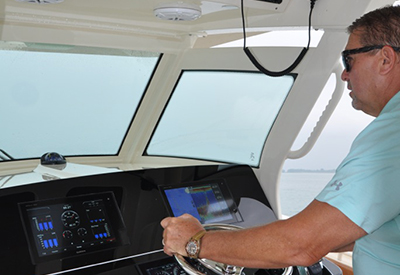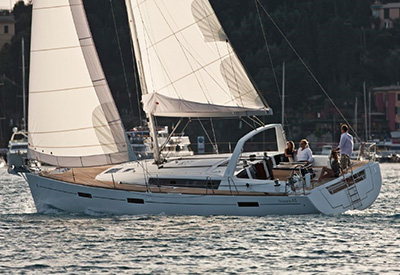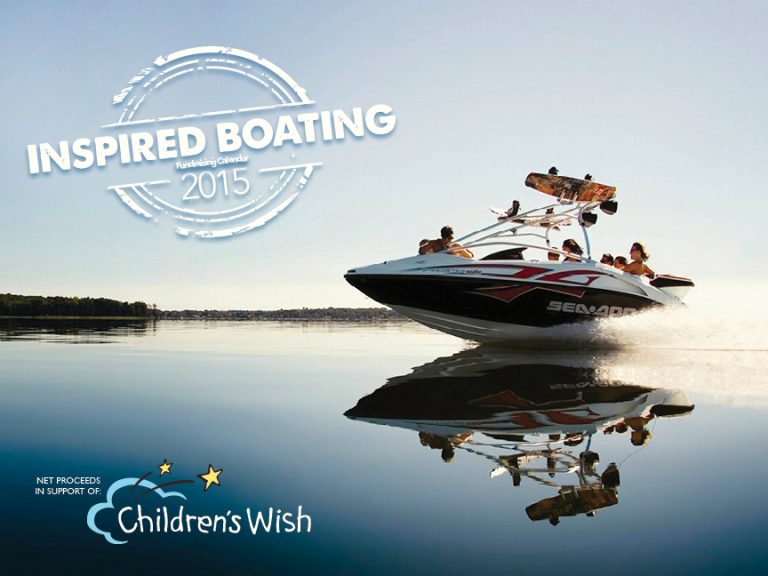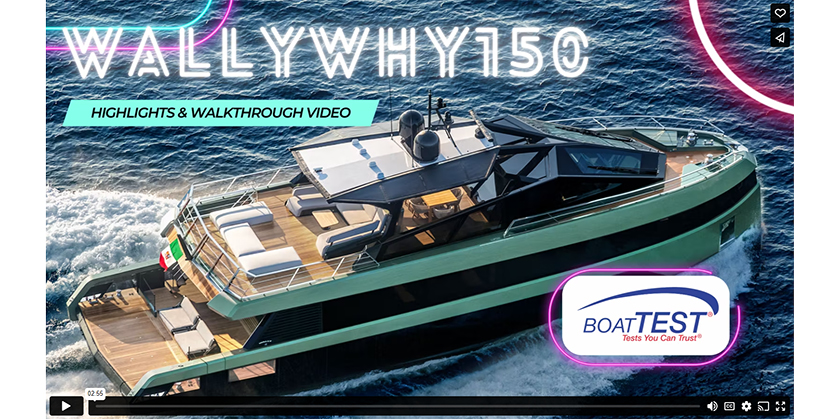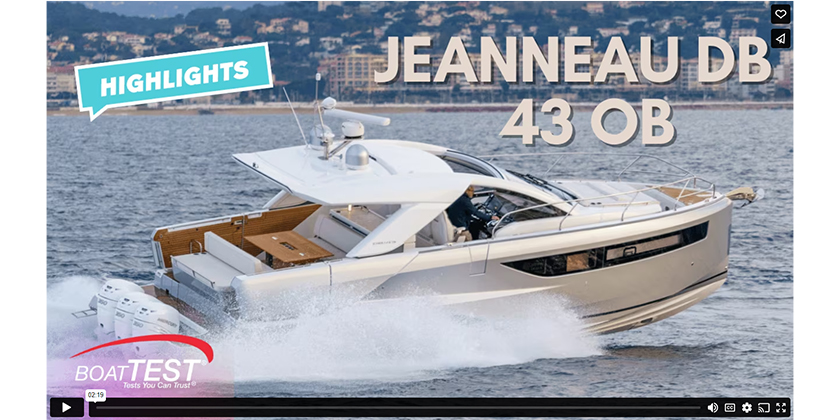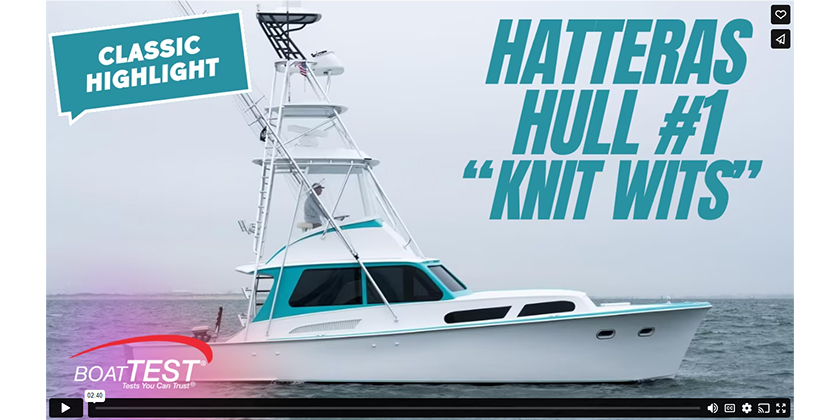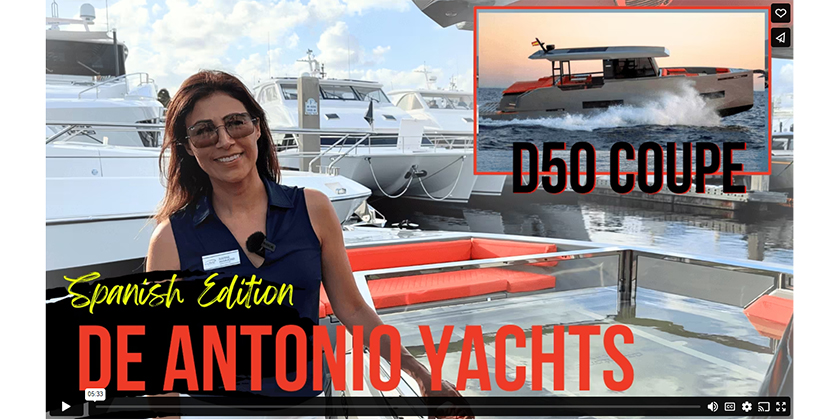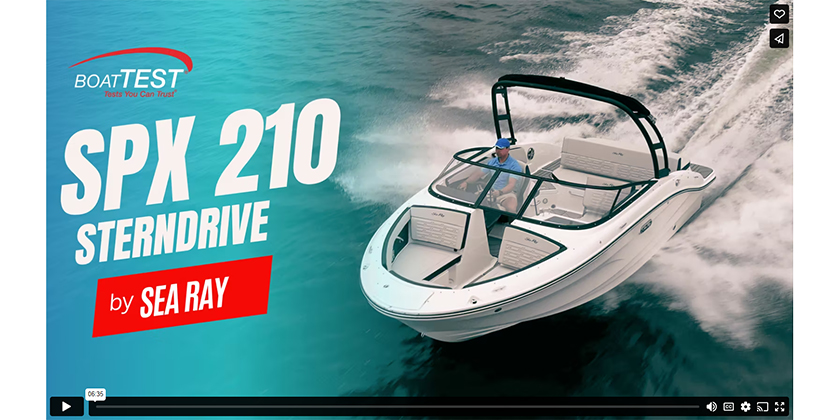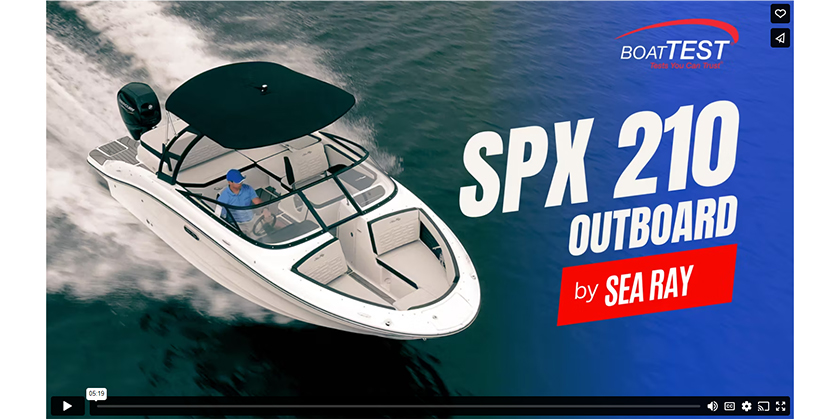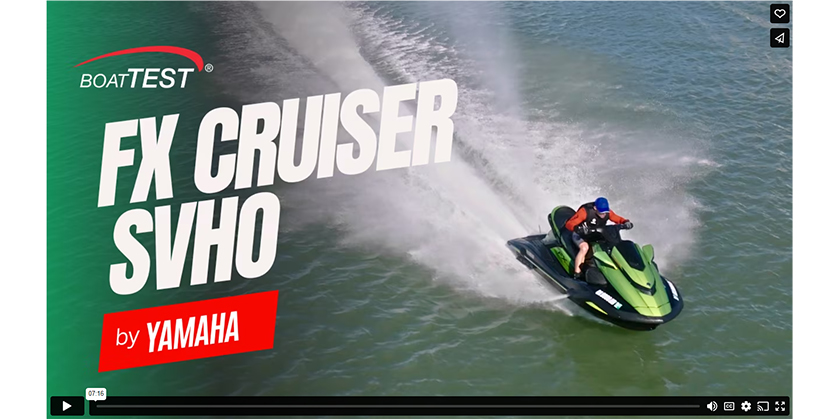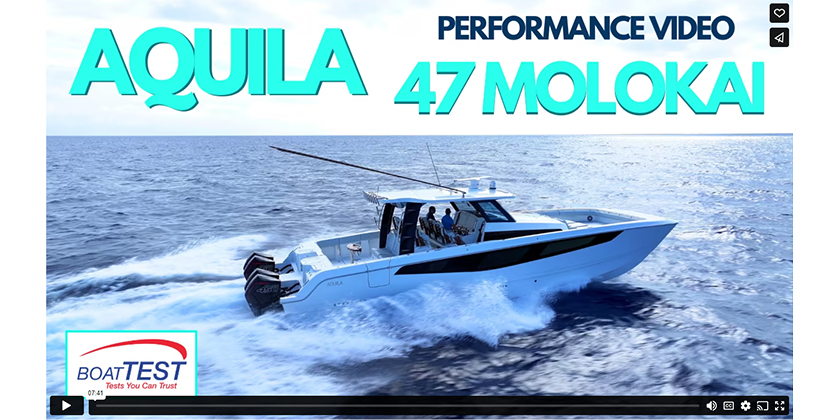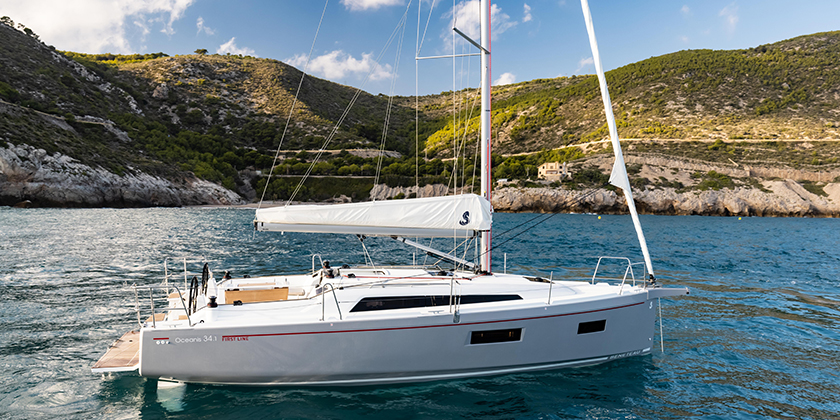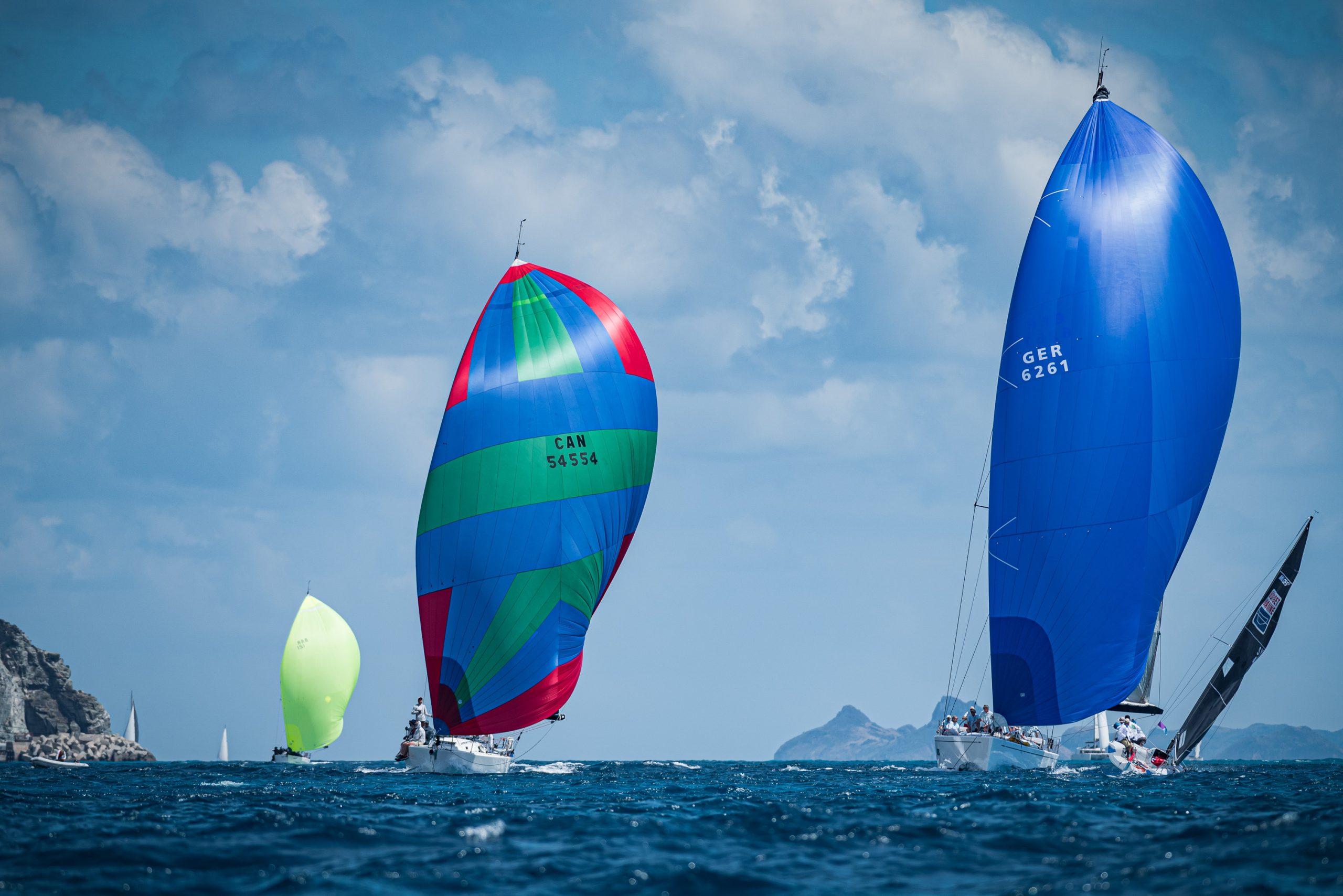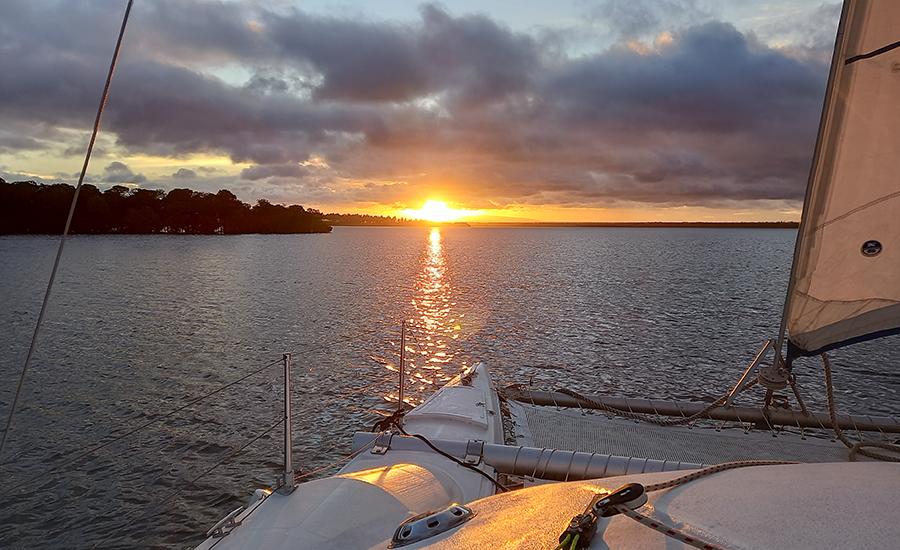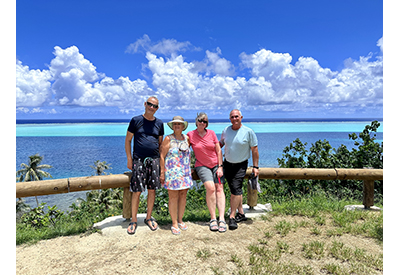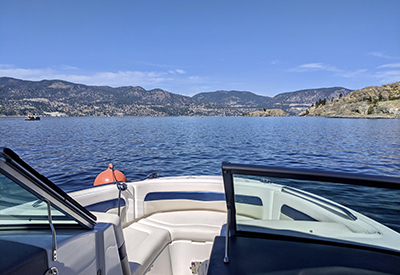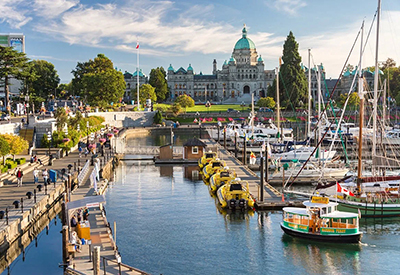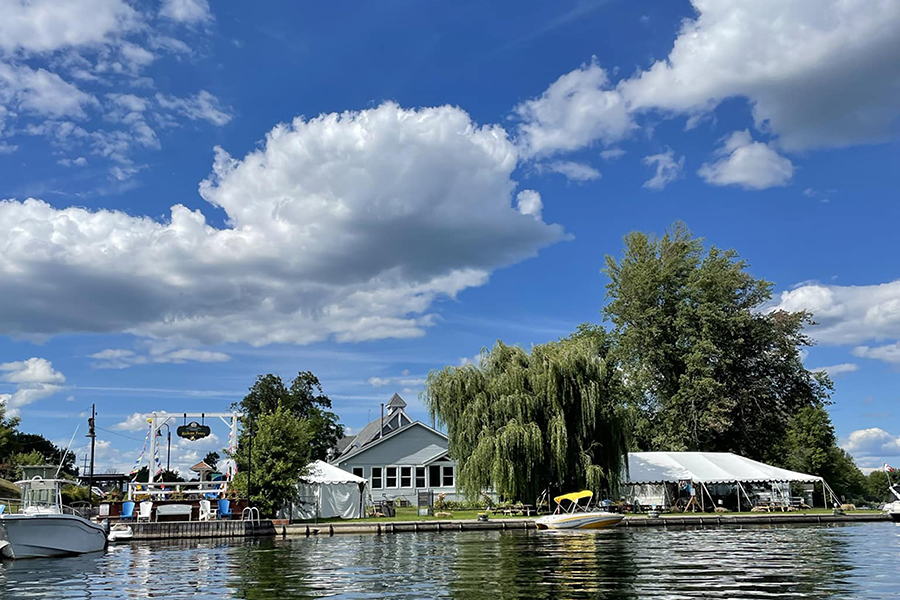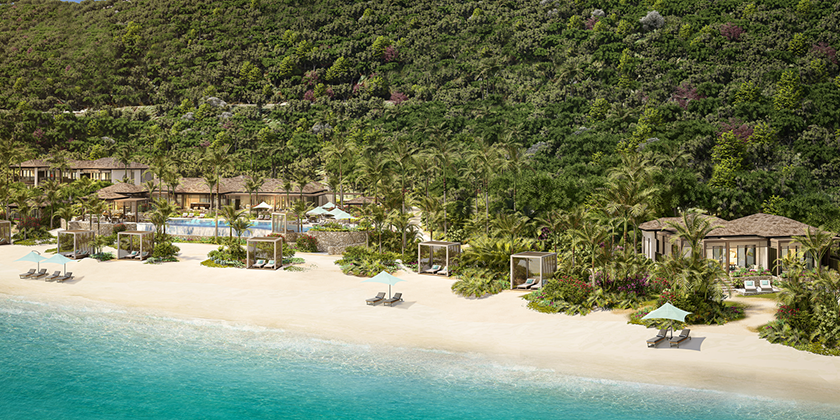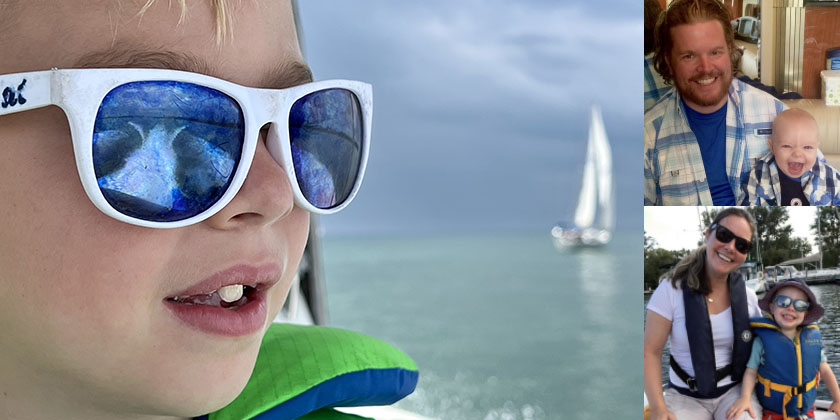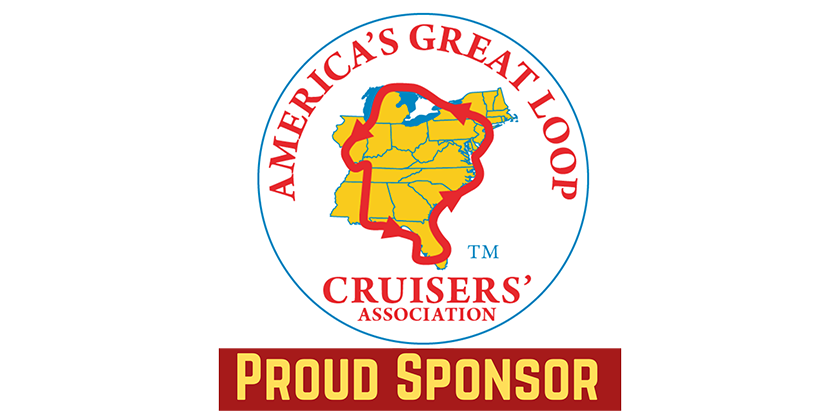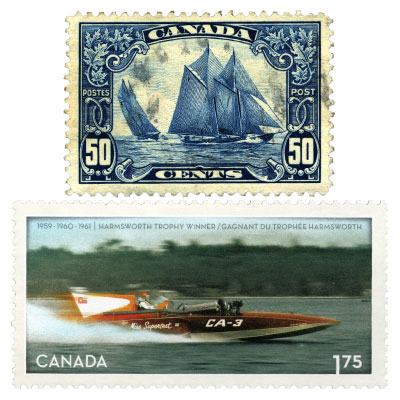Province Proposes Changes to Anchoring Rights
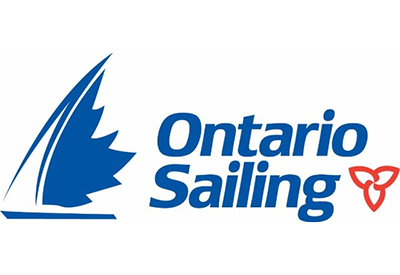
March 10, 2023
At the Ontario Regional Boating Advisory Council Meeting held in mid-January, members heard about an issue regarding the construction of “sea cans” on a barge unit being then considered a vessel.
The Council is made up of Transport Canada, the Coast Guard, the OPP, and organizations such as Ontario Sailing, Boating Ontario etc. and is currently chaired by Rick Layzell, CEO of Boating Ontario.
In mid-February, the Province released a consultation paper to try to put wording in place for limitations on these types of units. The details can be found here: Proposal to amend Ontario Regulation 161/17 to the Public Lands Act to change the requirements for camping on water over Ontario’s public lands.
Unfortunately, the materials presented inadvertently included the potential for affecting traditional boating in the Province, including anchoring as a “right of navigation”.
Ontario Sailing, our members, and other interested parties have inundated the Province with responses to this issue.
Ontario Sailing’s Executive Director, Glenn Lethbridge, has received a phone call from the Honourable Graydon Smith, Minister of Natural Resources and Forestry, regarding this issue. The Hon. Minster apologized and stated very clearly that they do not have any intention to affect our sector and this was a error in the way the proposal was written. Lethbridge has also had a follow up call with the Minister’s Chief of Staff to confirm this. Calls to Boating Ontario’s CEO Rick Layzell by the Minster and their staff conveyed the same message.
The Ministry will go through the process of hearing from the sector and will make sure this confusion is cleared up so as to not affect our activities.
Ontario Sailing asked Michael Vollmer, P. Eng. and former President of Ontario Sailing, to write a opinion regarding the way the amendment was written, as he is a recognized expert in recreational boating matters in Canada.
The Ontario Government, in response to the creation of “Float Homes” on several lakes, has proposed to limit the right to anchor on most bodies of water in the province. The Provincial Crown owns the lakebed. This will have a serious impact on boaters wishing to anchor while cruising, even for short periods, such as lunch. On a more serious note, it will effectively eliminate many “safe harbours” used in bad weather.
The creation of these floating homes on barges, which are either anchored or tied to the shore and intended to be permanent in their location, has landowners concerned about their property rights and their own appreciation of the water. The Province wants to change the Regulations governing “camping on water” to control these “floating accommodations”.
The Province proposes to define vessels with accommodation as “liveaboards” and “houseboats” (watercraft intended primarily for use in navigation equipped with facilities for overnight stays while travelling). The definition would exclude floating accommodations or float homes (house-like structures incorporating a floatation system, intended for use or being used or occupied for residential or longer-term purposes and not primarily intended for, or usable in, navigation) or barges with residential units or camping facilities. They then propose to control anchoring for liveaboards and houseboats. Presumably, float homes would be governed by new regulations, which we have not seen.
There is some concern over jurisdiction, as the Federal Government has sole control over “navigation” and the courts have found that “anchoring” is part of the “practice of navigation”. The Province frames their proposal as “camping on water” and is attempting to apply rules for camping on land to lakes and rivers. This is their proposal:
- reduce the number of days that a person can camp on water at one location in each calendar year from 21 days to 7 days;
- increase the distance that a camping unit on water must move to a different location from 100 meters to 1 kilometer; amd.
- add a new condition to prohibit camping on water within 300 meters of a developed shoreline, including any waterfront structure, dock, boathouse, erosion control structure, altered shoreline, boat launch and/or fill. “Camping” within 300 meters of shore would be allowed in front of vacant land.
The intent of these changes is to minimize the impacts of camping on-water and ensure camping on-water remains a temporary activity. According to the Province, none of these changes would impact a boater’s ability to navigate, including reasonable mooring.
The Province also claims these regulations would not impact the common law right of navigation and reasonable moorage or federal regulations of navigation. It is the opinion of Ontario Sailing that these proposals will have a negative impact on our use of the water, and we will defend boaters’ rights to navigate freely.

